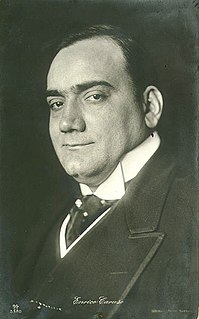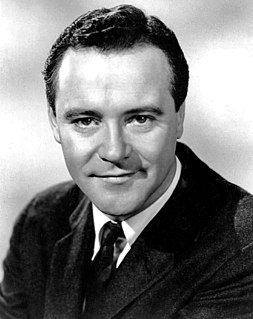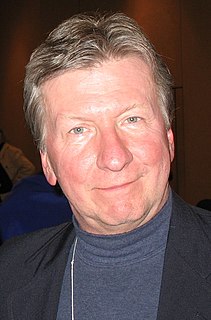A Quote by Alice Miller
Learning is a result of listening, which in turn leads to even better listening and attentiveness to the other person. In other words, to learn from the child, we must have empathy, and empathy grows as we learn.
Related Quotes
In empathy, you don't speak at all. You speak with the eyes. You speak with your body. If you say any words at all, it's because you are not sure you are with the person. So you may say some words. But the words are not empathy. Empathy is when the other person feels the connection with what's alive in you.
During empathy one is simply 'there for' the other individual, when experiencing their own feelings while listening to the other, i.e. during sympathy, the listener pays attention to something about themselves, and is not 'there for' the client. Consider how you would feel if you sensed that the individual listening to you was getting into their own 'stuff' rather than hearing and reflecting exactly what you were feeling in a moment of need?
Acting doesn't have anything to do with listening to the words. We never really listen, in general conversation, to what the other person is saying. We listen to what they mean. And what they mean is often quite apart from the words. When you see a scene between two actors that goes really well you can be sure they're not listening to each other - they're feeling what the other person is trying to get at. Know what I mean?
Some people never learn how to talk to kids. They turn up the volume and enunciate with extra care, as if talking to a partially deaf immigrant. They sound as if they're reading lines somebody else wrote for them, or as if what they're saying is really for the benefit of other adults listening and not just for the child. Kids sense that and turn off.
Listening is the oldest and perhaps the most powerful tool of healing. It is often through the quality of our listening and not the wisdom of our words that we are able to effect the most profound changes in the people around us. When we listen, we offer with our attention an opportunity for wholeness. Our listening creates sanctuary for the homeless parts within the other person. That which has been denied, unloved, devalued by themselves and others. That which is hidden.
The difference between listening and pretending to listen, I discovered, is enormous. One is fluid, the other is rigid. One is alive, the other is stuffed. Eventually, I found a radical way of thinking about listening. Real listening is a willingness to let the other person change you. When I’m willing to let them change me, something happens between us that’s more interesting than a pair of dueling monologues.
We're all born listeners. And as a result of our modern lives, and living in a world that has less meaning than the natural world that we evolved to hear, we learn to think of listening not as taking in all the information with equal value, which is the definition of true listening. In our modern world, we tend to think of listening as focusing our attention on what is important and filtering out everything else.
Empathy and fellow feeling form the very basis of morality. The capacities for empathy, for feeling responsibility toward others and for reaching out to help them can be stunted or undermined early on, depending on a child's experiences in the home and neighborhood. It becomes too easy to turn our backs on fellow human beings... to have 'compassion fatigue.' Technology, we are learning, is not neutral.
In order for us to have changes in society, we have to do a better job with listening to each other, listening to stories, listening to experiences and sharing things. That's the way you're able to come to a better understanding of people in general. We have to do a better job in society. It starts at the top.
Empathy occurs when we suspend our single-minded focus of attention and instead adopt a double-minded foucus of attention. When our attention lapses into single focus, empathy has been turned off. When we shift our attention to dual focus empathy has been turned on. Empathy is our ability to identify what someone else is thinking or feeling and to respond to there thought or feelings with an approriate emotion. Empathy makes the other person feel valued, enabling them to feel that their thoughts and feelings have been heard.




































